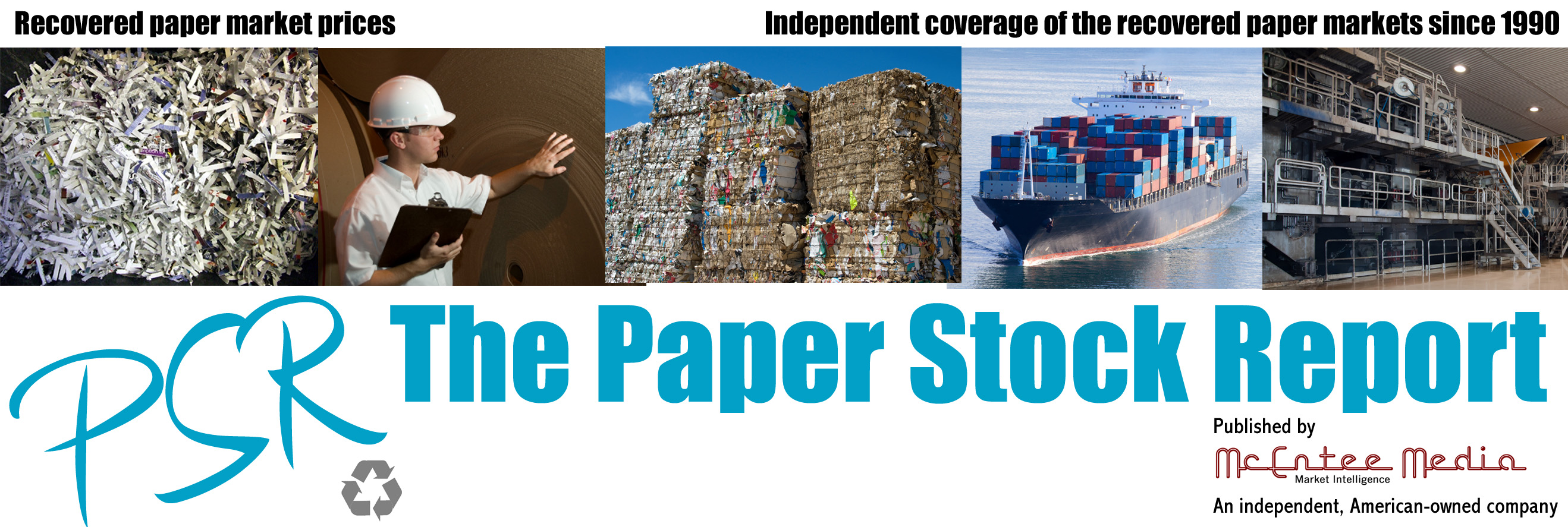On at least three occasions, employees of document destruction/information management companies displayed letters from i-SIGMA to police officers during traffic stops for being on the street in a state where non-essential businesses have been ordered closed, said Robert Johnson, executive director of i-SIGMA (International Secure Information Governance & Management Association, the umbrella organization of the National Association for Information Destruction (NAID).
The letter was effective on two of the three occasions, Johnson said.
The letter, available to i-SIGMA members, explains why secure document destruction, information management and information technology asset disposal (ITAD) are “essential services” that should not be closed down by states due to the COVID-19 pandemic.
“As governments around the world close non-essential businesses to stem the spread of the Coronavirus Disease 2019 (COVID-19), they are fully aware some services are essential to ensure the communities they serve remain protected,” i-SIGMA said. “Based on a thorough review of the guidance from the U.S. Department of Homeland Security (DHS), New York State, California, as well as sources from the United Kingdom, Italy, Canada and South Korea, it is clear that information management, IT asset disposal and secure data destruction are included in “essential services.”
For instance, the association said, the following list of essential services from New York State clearly applies in some way to secure information disposition, electronic equipment disposal and information management:
- Trash and recycling collection, processing and disposal
- Storage for essential businesses
- Services related to financial markets
- Security
- Logistics
Johnson said employees for three companies were pulled over for being on the street. On two occasions, the letter was enough to convince the officer to let the employees go about their business. In the third case, which occurred in a “small town,” the company followed up with local authorities following the traffic stop.
“The customers of our member companies are the ones who determine whether our services are essential,” Johnson said. “They are the ones who have a legal obligation to protect information, so it’s up to them if they call us. Clarifying that we are an essential service clears the way for a company to provide these services when it is called upon.”
“Security is never non-essential,” i-SIGMA said in a statement. “Governments across the globe are aware and worried that organizations will lose sight of their broader legal and ethical obligations under the stresses of the outbreak. Compliance with privacy laws, data protection regulations, and records retention obligations would be put at risk if such services were unavailable. In the end, that is why those services are so clearly essential, and it is why i-SIGMA members choose to continue service at this critical time.”
Johnson noted that many customers of data destruction and information management businesses themselves have been closed down.
Many states and municipalities are believed to relying on the federal guidelines for defining “essential services,” each state can make its own determination.
Johnson said that in the state of New York, businesses can go online and apply to be “essential services.”
“That’s a level above having a letter,” he said. “If that option is there, it makes sense to take that step.”
To his knowledge, he said, no other state offers such an application.
Meanwhile this week, in response to last week’s letter to Vice President Mike Pence from the Institute of Scrap Recycling Industries (ISRI), as well as to similar letters from others, the U.S. Department of Homeland Security (DHS) on March 25 updated its guidance on essential critical infrastructure to specifically include recyclers, said Robin Wiener, president of ISRI.
Follow us on social media:
